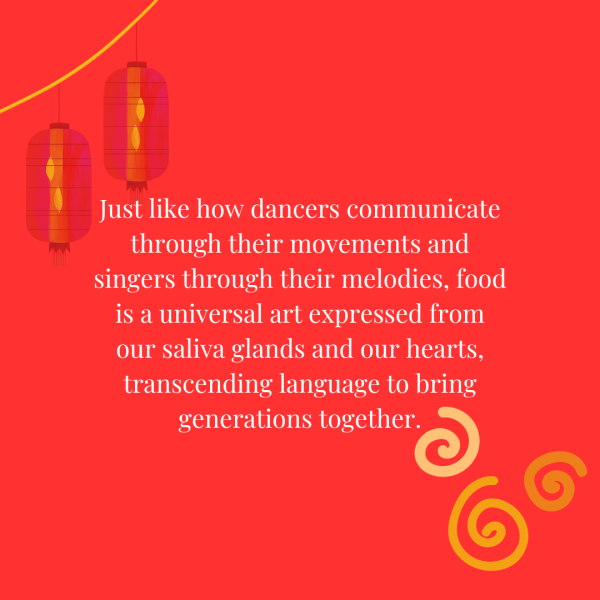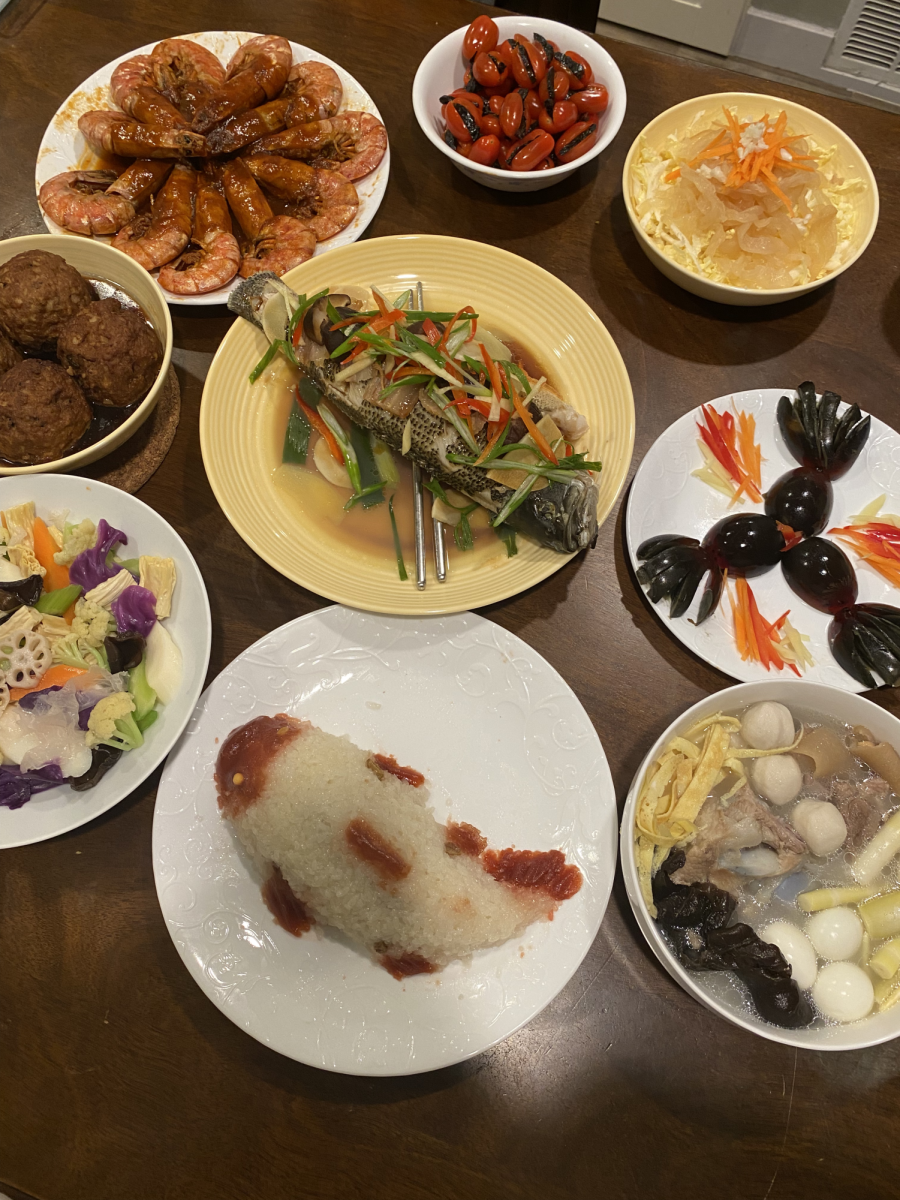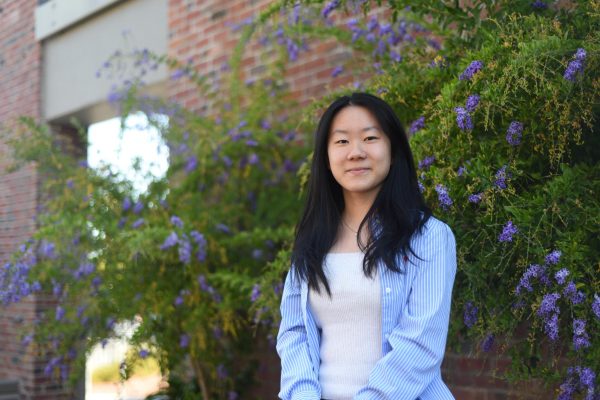Although I spent the first eight years of my life in China, I realized that I could no longer find things to talk about with my grandmother as I adjusted to living in the U.S. It was due to both my deteriorating Chinese skills and my becoming more out of touch with its culture.
After moving, we talked at least once a month over WeChat video calls, but as time passed, I became aware of the painful silences in our conversations. As if I were a book, I found traces of each torn-out page in my cultural and contextual knowledge with each question from my grandmother I didn’t know how to answer. With each time I paused after integrating an English word into my sentence because I did not know how to express myself in Chinese, I became more aware of the book’s spine getting thinner.
As the silent pauses became longer, each call more awkward than the month before, the fact that I was gradually losing connection with my language and culture weighed heavy on me. The most daunting realization was that I was losing a way to connect and communicate not only with my grandmother, but also all of my other relatives back in China.
Desperate to maintain our connection, I replayed our conversations in my brain each time she called in order to prepare my answers for the next time, hoping she would ask the same questions. These “study sessions” brought up a pattern in our interactions — food.
My grandmother, who could probably be a Michelin chef, never failed to ask me about my last meals, which was something that I, as the biggest foodie, easily and enthusiastically answered each time. For the sake of our conversations, I decided to bring up our shared food-related memories from my childhood. Fortunately, there were many — to say that I was raised on my grandmother’s food would be incredibly accurate. She loved watching me enthusiastically scarf down her unofficial-Michelin-level food, and I always faithfully obliged.
During a particular call late Saturday night, when I had finished my routine of telling her about the sweet and sour spareribs I had that day and had almost run out of memories for us to stroll through, my grandmother asked me if I wanted to learn how to cook with a big grin on her face.
“霖霖啊,你过过就去上大学了,吃不了你妈做的菜了。想学学吗?Linlin (my nickname), when you go off to college, you won’t be able to enjoy your mom’s cooking anymore. Wanna learn?”

For fear of leaving behind my sweet and sour spareribs and my weekly dose of fried tomato and egg, I was more than happy to learn.
Thus began our cooking sessions over video calls, where she taught me basic dishes like egg fried rice and cold chili noodles and gradually bestowed upon me our family heirlooms — her secret recipes. With our adventures, I’ve found that cooking is a practice that takes time to perfect, something I’ve come to acknowledge through burning fried tofu, overfilling my soup dumplings and almost steaming my fingers off.
Over these calls, my grandmother never fails to etch in my brain the fact that food is an art form, an ancient and underrated one. And because of her, I’ve learned to savor food as a memory and to respect it as an art, beyond just nourishment and enjoyment. Just like how dancers communicate through their movements and singers through their melodies, food is a universal art expressed from our saliva glands and our hearts, transcending language to bring generations together.
Now, whenever I eat Chinese cuisine, I think of my grandmother and of the strong connection we have built through food. Oftentimes, when the waft of lotus root and sticky rice carries its sugary osmanthus memories to me, I wonder how different our relationship would be if she hadn’t shown me our Chinese culture through her lens of its cuisine.
Because our many attempts at awkward conversation materialized into something we could bond over, those thoughts remain hypothetical. For that, I am thankful — that our cooking sessions are, to her, a chance to pass on her culinary acumen; to me, a ladder for overcoming the barrier of my diminishing knowledge of my mother tongue to revisit the value of its culture; and, to the both of us, the bridge between our skies.










